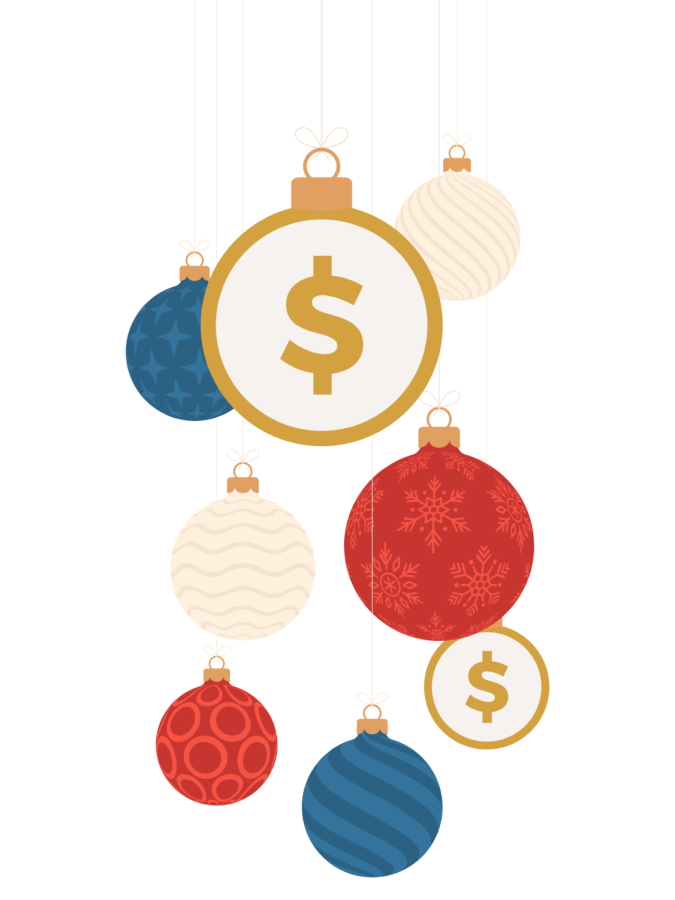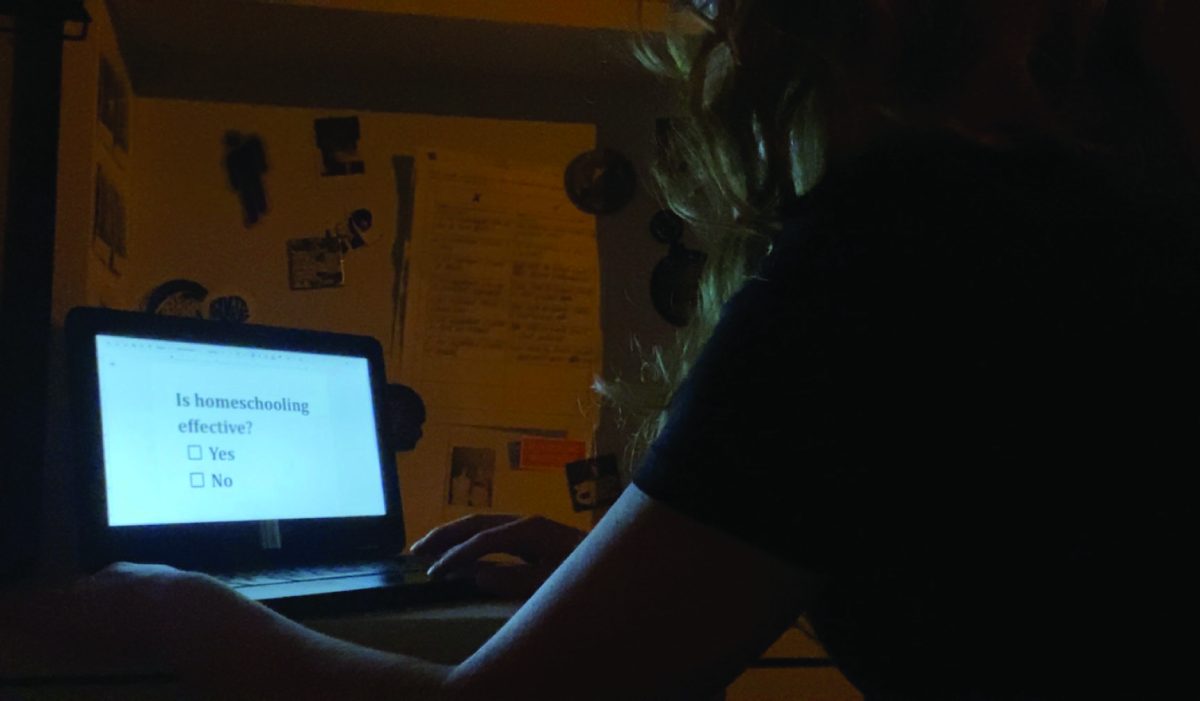Merry Money
High inflation will have a big impact on this holiday season
December 22, 2022
The holiday season brings about a wide array of emotions: joy from the holiday spirit, regret from wearing that ugly sweater that is way too itchy and stress to get the perfect gift for that special someone. No matter what the feeling is, the holidays are a special time of year to spend with family and friends, and eat scrumptious seasonal food.
Although the holiday season tends to be a time of joy, for some the holidays are a dreaded time of year. Due to the consumerist nature of the holidays, many become stressed with the money they will have to spend on gifts. Children don’t understand the idea of money, so they always ask for the newest and greatest thing and parents want to make their little one happy.
Because of this, gift-giving can become a financial burden for families. LSE students have felt this pressure directly.
For senior Kenslee Aasen, the holiday season is a time for family and friends.
“In my family we are big into Christmas. We normally go over to my grandma’s house to celebrate with my grandma and all my other sisters,” Aasen said.
Although Aasen gets to see a lot of her family during the holiday season she also felt the stress from her parents.
“Although they would never tell me, I could tell they were super stressed. When they would say something it would be ‘Christmas may not be as big this year’ but it always was just as big,” Aasen said.
Sophomore Ma’Riah Betts shares a lot of the same experiences with Aasen, as her family goes all out for Christmas.
“I would say my family members are big Christmas people, there are always lights and decorations all around the house during Christmas time,” Betts said. Even with an array of decorations meticulously placed throughout the house, Betts feels the weight that the holiday season brings along.
“I could definitely see the stress put on my mom. She would still buy a bunch of gifts anyway,” Betts said.
This feeling of holiday stress is more commonly observed among those in lower income to middle class families. Christmas is a holiday celebrated by families with vastly different socioeconomic status and thus, while purchasing gifts for family members might be a time of excitement for some parents, many parents are forced to pick up extra hours or get a second job to be able to afford that perfect present.
“Every year Christmas looked a little different. Some years I might get one present and others I would receive ten. It all just kinda depended on the wage my mom was receiving at the time,” Betts said.
Oftentimes Christmas works to highlight the income inequality we see in America today. According to LendingTree, an online loan marketplace, in the year 2021, 36 percent of consumers incurred some kind of holiday debt, with the average amount being $1,249. This is a 31 percent increase from 2020.
While Aasen and Betts are unsure if their parents took out loans for the holidays, the problems previously highlighted are echoed through the schools of many children.
“At school I never wanted to talk about what I received because maybe I got what you really wanted or you got what I really wanted,” Aasen said. Betts noticed a lot of the same even up through middle school.
“Me and my friends would do a little secret santa thing and, in my group, I was never the one with the most money. My friends would ask for ‘this, this and this’ and I was like ‘I only got $20’,” Betts said.
Aasen and Betts’s experiences serve as examples of the harmful effects consumerism has on the holiday season as a whole. Competing with peers to receive the best gift takes a lot of the wonderment away from the holiday season. The holiday season is a time for giving back and being thankful for who and what you have. So by placing the focus on monetary items, it works to undermine what the holiday season is meant to be.
Aasen offers some insight on ways we might be able to counteract this trend.
“What you receive does not need to be shared with the world, I feel like we should instead focus on the more important things in life,” Aasen said.










